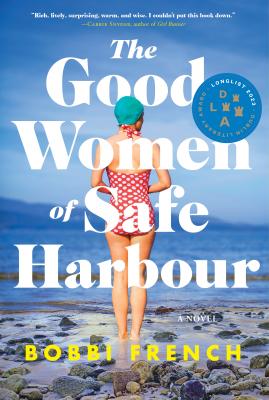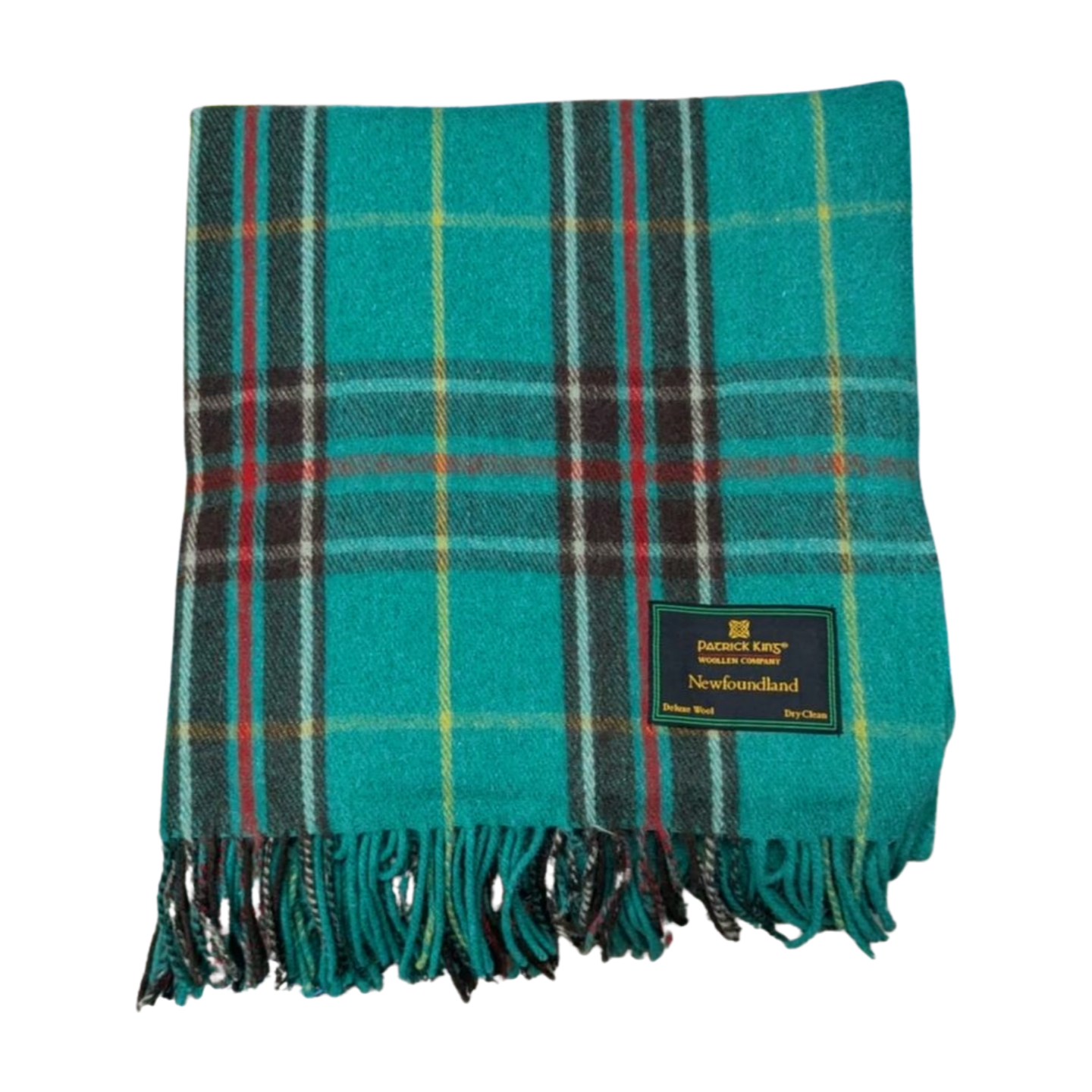By Denise Flint
House cleaner Frances Delaney has a brain tumour and will die if it isn’t treated. But Frances believes that treatment won’t save her and so refuses any medical intervention. Instead, with the help of a young friend, Edie, who sees her as a second mother, she develops a bucket list to enjoy her final days. That’s the starting premise of Bobbi French’s first novel, The Good Women of Safe Harbour.
Frances’s first tentative steps towards living life before it’s too late are fairly modest. With Edie’s guidance she gets a manicure, she buys some new clothes, she goes to a fancy restaurant. But Edie keeps pushing to ensure Frances dies without regrets, and so contrives to reconnect her with a friend she became estranged from 40 years ago. That’s when everything changes.
The Good Women of Safe Harbour takes a mundane woman of a certain age and class, and turns her into a hero as we accompany her on her journey towards making peace with her past, her present and her future. Perhaps the most poignant lesson the book teaches is that there are women like Frances all around us who have never truly indulged themselves, who have never really been noticed, who have lived quiet and unassuming lives with little apparent impact on the wider world. Yet their lives are still worth living, worth examining and worth celebrating.
French writes with both wit and compassion, and the interaction between Frances and her old friend, Annie, resonates with authenticity. You care about Frances right until the end, so here’s a friendly warning: keep a box of tissues handy.
Q&A with the Author
Denise Flint: You used to be a psychiatrist. Did you draw on that background to sculpt the characters and their behaviour?
Bobbi French: Definitely. In that work I think I met so many women whose difficult lives were due to factors beyond their control. When I sat down to write the book I was thinking of them, especially the ones who were wise and witty and very overlooked. Without those experiences this character would never have come to be. I think being a psychiatrist helps in writing fictional characters, in general, because you have a unique sense of people’s interior worlds. That almost feels like cheating because you have this insight into character. It’s a very different background to have.
DF: This book has been nominated for the Stephen Leacock award (among others). How much of a surprise was that?
BF: On a scale of one to 10, I’d say 30. I don’t think of this as a humorous book. It’s the intertwining of the hilarious and the tragic. While the book is about many different heavy things – loss and grief and loneliness and illness – I think there’s a lot of light and joy and warmth and good humour, and what I’m hoping is that that kind of recognitions sees all that. There was so much discussion around publishing the book and whether people would engage with a book about a cleaning woman who’s dying, and the feedback is that people find it hilarious. That it softens death and dying pleases me no end.
DF: You have mentioned all the book clubs you’ve been invited to speak at. What’s that experience like?
BF: I wasn’t prepared for how important and wonderful those experiences have been. I count some of those evenings amongst the best of my life. Those probing analyses show how deeply readers are engaging with the story. It’s so gratifying. There’s lots of laughing and love for the book and the characters. I could never have imagined how touched and moved people were by the story and the people.
DF: What was your path to becoming a novelist?
BF: My path was boredom and isolation. I have always loved novels, and I wrote a bad short story in high school and was convinced I could never write fiction. I wrote a travel blog and a memoir; and one day, I had some significant deterioration in my health and was unable to work, and I needed something to occupy myself. I had convinced myself I couldn’t do it, but I had never tried. It came out of having time and space to turn illness into something good. I’m very surprised by this whole journey.
DF: What’s next?
BF: I am currently working on my second novel, which again concerns a woman of a certain age living on the island of Newfoundland. I hope it engages the way The Good Women did. The second novel is always the hardest – no one was waiting for your first novel. There’s pressure, but there’s joy. What could be finer than a waiting audience for a story about the women of Newfoundland?












